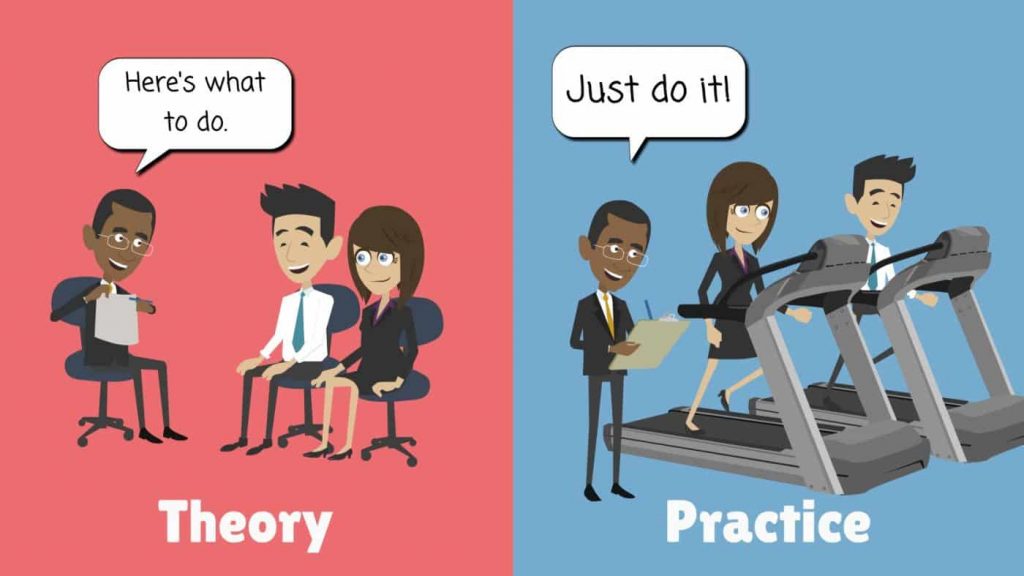How can I learn English well and get a good job?
I recently had a student ask me this: “How can I learn english well and get a good job?” Well, that is a great question! However… there is no easy answer. There is no magic pill This is a common dream of language learners… to wake up one day and be fluent in the language. …
I recently had a student ask me this: “How can I learn english well and get a good job?” Well, that is a great question! However… there is no easy answer.
There is no magic pill
This is a common dream of language learners… to wake up one day and be fluent in the language. It is estimated that over 1 billion people are currently learning English worldwide. Wouldn’t it be nice if we could all just “know” it immediately?
In our modern societies, there are so many technologies to streamline processes, to make our lives easier, and to do tasks for us. There are medicines and pills for everything! Have a headache? Take this pill! Need to pay for something? Use your mobile phone! Problem = technological solution.
The thing is, learning a skill isn’t as direct as paying for dumplings. Don’t get me wrong, there are some amazing technologies out there for language learning, we use many here on this site. However, even though the tools for language learning exist, they aren’t being used to their full potential. People get started with the best of intensions, only to get bored and move on. This is because we are looking for the “quick fix” technological solution to our dilemma. Until we can plug our brains into computers and “download” a language, we still have to do things the old fashioned way.
Mastery
Mastery
MAS-ter-y
noun
Comprehensive knowledge or skill in a subject or accomplishment.
“She mastered playing the piano”
synonyms: proficiency, ability, capability;
Mastery of a subject or skill cannot be achieved with a magical pill. Mastery takes two things:
- Theory
- Practice

Theory is knowledge based. You can read, watch, listen to anything about a subject to “learn” it. As you learn, you begin to understand. Practice is just that… spending time applying the theory until you achieve mastery.
The knowledge part is usually the exciting part, and is presented in all sorts of ways… from textbooks to online resources. The problem most people have is with the practice. When to do it? Who to do it with? How can you practice speaking on your own???
Much of this is a personal decision, and takes discipline. Just like anything though, the more you do it, the easier it gets. If you want to get good at playing basketball, you go out and play! If you want to get good at playing video games, you grab some snacks, sit down at your computer, and blow some stuff up. The key to practice to to put yourself in a position to be doing the skill whenever you can. With language, try to immerse (surround) yourself as much as possible.
Here are a few practical tips to immerse yourself in the English Language:
- Watch English movies with ENGLISH subtitles turned on. If you use Chinese subtitles, your brain won’t focus on the English.
- Listen to English music. Sing along!
- Own Your Learning! Choose what interests you, then focus on it. Like pizza? Go find some recipes online! Interested in current events? Subscribe to some online magazines or blogs
- Put up sticky notes. This was a BIG help for me when learning to speak Chinese. I put notes with the English word and the Chinese word EVERYWHERE in my apartment. Put them on the door, the sink, the window, the tv, the bathroom… EVERYWHERE. Then, as you move through your day, start saying the words. For instance, at the sink, say things like, “I am at the sink. I am washing the dishes. I am drying the dishes”. As you continue this practice, you will start “thinking” in English instead of Chinese.
- Get involved in our English forum. Go here to view our English forum or start a new topic.
I will be doing a series of articles in our English Corner, so make sure to check back often for more language lessons.
Until next time!
James
